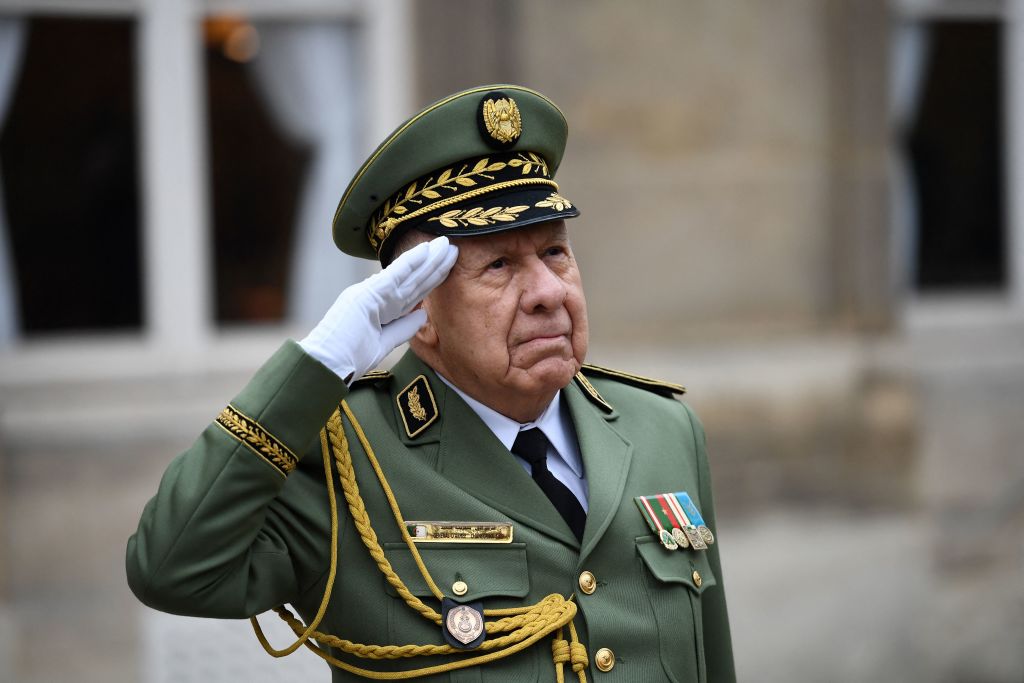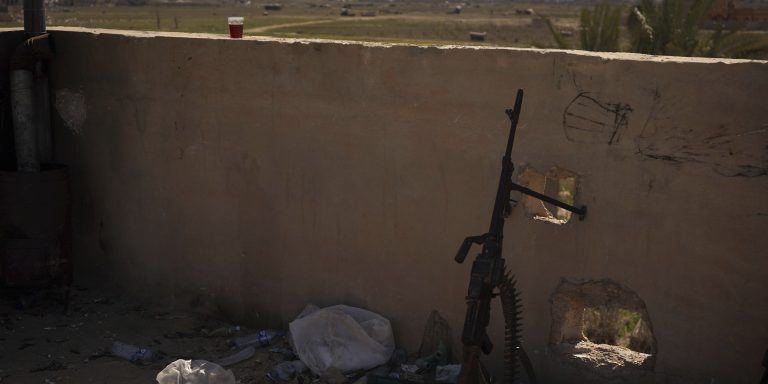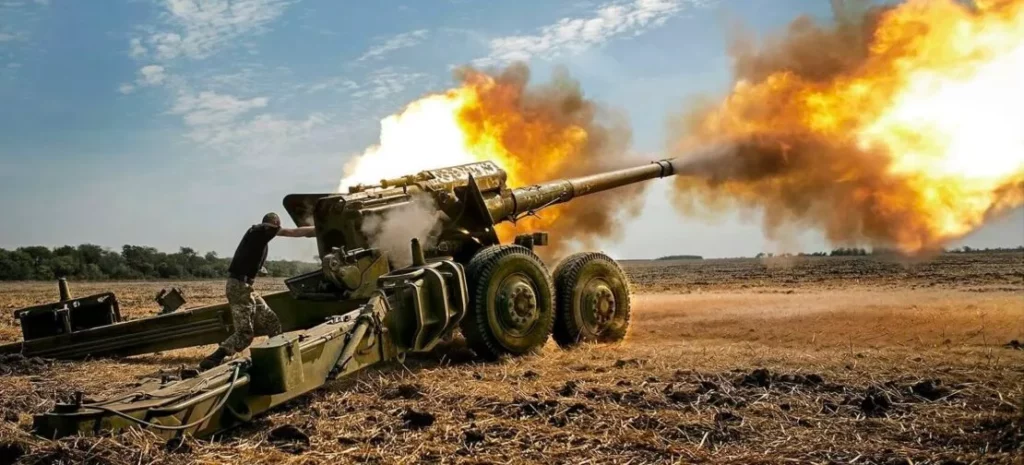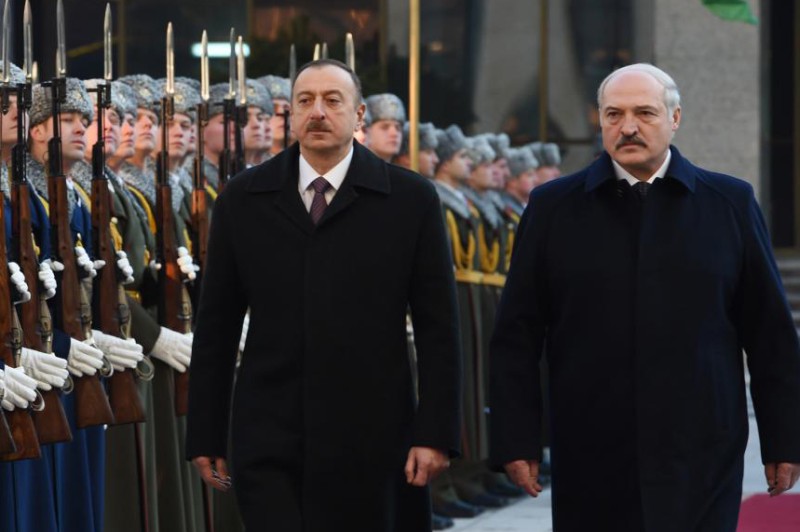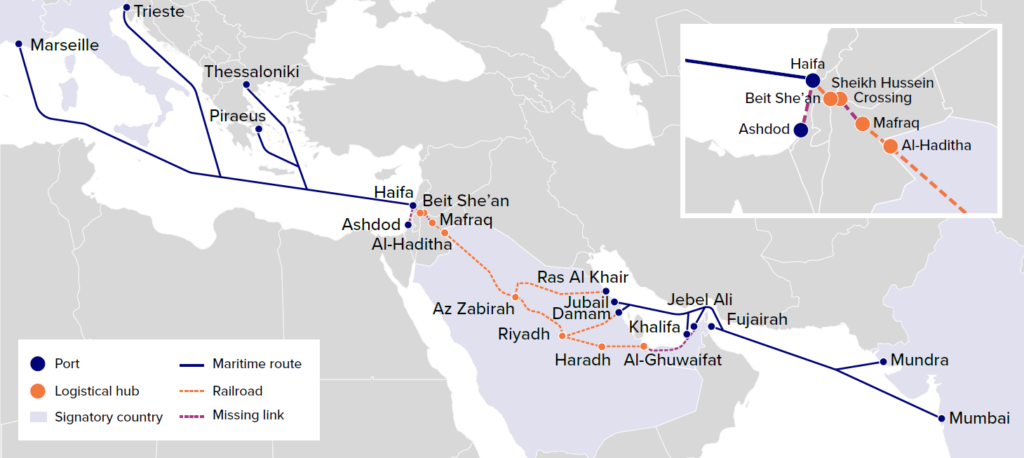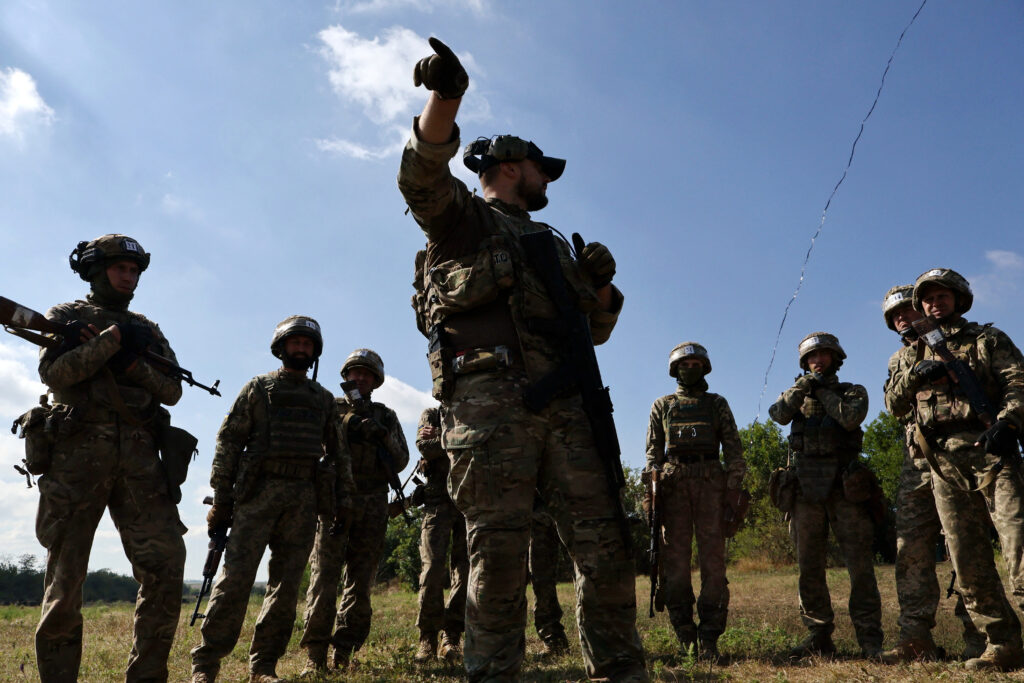Ion Iliescu, Romania’s first post-communist president who died earlier this month at the age of 95, remains one of the country’s most divisive political figures.
For many Romanians, he is remembered less as a liberator than as the man who betrayed the Revolution which toppled the communist regime in 1989, by unleashing miners against protesters in 1990 and ensuring that the communist secret police escaped real accountability.
But this narrative is shaped by retrospective anger rather than sober analysis, former CIA intelligence analyst Richard Andrew Hall tells BIRN in an interview. Hall researched the period for his political science doctorate during an extended stay in Bucharest in the 1990s and now runs a website called The Archive of the Romanian Revolution of December 1989.
“Iliescu was already a political anachronism in 1990,” Hall says. “His insistence on staying politically active, running for and serving as president, ruined the way he will be remembered. Much of the anger directed at him is about what he did later as president, not about what he did in December 1989,” says Hall.
Hall stresses that Romanians often conflate Iliescu’s later sins, most notably his role in the violent ”Mineriada” of June 1990, when Iliescu called in miners to forcibly disperse anti-government protesters occupying Bucharest’s University Square, with the Revolution itself. During the Mineriada, official reports said six people were killed and up to 1,000 people injured.
“Because Iliescu is guilty for his role in the 1990 Mineriada does not mean the accusations about his role in December 1989 are true,” says Hall. “A person deserves to be judged for their actions at a particular moment in time, not judged retroactively in light of what they did later.”
The cost of transition
To understand Iliescu’s paradoxical legacy, Hall suggests placing him in a regional perspective. Romania’s transition was chaotic and bloody compared to Poland or Hungary, where communist elites negotiated their way out of power. “Iliescu was what they call a ‘cost of the transition’ from communism because of timing and how that transition played out,” Hall explains.
In Poland, General Wojciech Jaruzelski stayed on as president because of the 1989 Round Table deal, when negotiations between politicians led to the end of the communist regime in Poland. In Bulgaria, the former communists dominated politics until early 1997. Romania’s cost of transition was ”Iliescu and the [interim governing body] of the National Salvation Front”, which ruled Romania after the communism collapse in December 1989 until the first elections in May 1990.
Iliescu’s arrival on the political stage was also badly timed. “Had he arrived earlier”, as a timid reformer in the 1980s, like Hungary’s Karoly Grosz for example, ”he would be far better regarded today”, Hall says. “But then again, that was all-but-impossible because of the character of the Ceausescu regime. Instead, Iliescu is remembered for encouraging and welcoming the miners’ brutality in June 1990 and for presiding over political alliances with the ultranationalist, Ceausescu nostalgics from 1992 to 1995.”
Yet Iliescu was not without achievements. Romania under his leadership remained committed to NATO and EU integration. NATO membership was finalised in 2004 during his final mandate. “Some of the criticisms of Iliescu are partisan or subjective nonsense,” Hall insists, referring to Iliescu’s opponents, mainly political rivals and intellectuals, who accused him of not supporting fast economic and social reforms or the decommunisation of the country.
For Hall, the idea that he was some Russian agent – as his opponents often claimed – is absurd. Romania stayed the course toward NATO and EU and showed consensus in this regard. ”That was something that made Romania an attractive geopolitical partner for the United States.”
The revolution files
At the heart of Romania’s unfinished revolution story is the question of what Iliescu and the National Salvation Front labelled the “terrorists”, allegedly Ceausescu’s loyalists, security forces, and unknown armed groups, who unleashed chaos and violence in December 1989.
These supposed terrorists were blamed for sniper attacks, gunfire, and diversions in Bucharest and other cities, fueling fear, chaos, and confusion. Over 1,100 people were killed and more than 3,300 wounded after the Romanian Revolution started in December. Nicolae Ceausescu was overthrown on December 22, 1989. The problem is that 36 years after these events, the actual existence of the “terrorists” remains disputed.
The official indictment in the long-delayed revolution trial in 2019, in which Iliescu was accused of crimes against humanity, also claimed he and the army staged a “false flag” operation, fabricating a non-existent enemy [the “terrorists”] to legitimise their seizure of power and cover up the army’s role in earlier repression.
Hall disagrees with this framing. For him history is not about retroactive logic, it’s about what happened at the time. And what happened often included things that seem illogical in hindsight but made sense to those involved.
Since 2021, Hall and Romanian researcher Andrei Ursu have gained access to the so-called Revolution Files, a vast trove of official documents long kept from public view, mainly because Iliescu and others wanted to keep their contents secret. “We thus know what the military prosecutors used from the file in preparing the 2019 indictment, but we also know what they have ignored,” Hall says.
For him, Iliescu’s ‘crimes’ in December 1989 are better categorized as “errors”. One of those errors was his promise, on the evening of December 22, that the Ceausescus would face a public trial. Another was his hesitation to execute the dictator and his wife sooner. Had they been executed on the night of the 22nd, “there would have been far fewer deaths, injuries, and mayhem,” Hall explains.
The central question remains: did the “terrorists” of December 1989 exist? “Yes,” Hall says firmly. For him, the terrorism of December 1989 had three components: disinformation and rumour-spreading; radio-electronic warfare such as jamming and fake transmissions, that made it seem Romania was under invasion; and sporadic gunfire, especially at night, meant to terrify and disorient.
According to Hall, these operations were essentially a failed counter-revolution designed to save the Ceausescus. “Its main protagonists were culled from the [former secret service police] Securitate,” he says. Because the plan failed, many dismiss the idea of an organised group of “terrorists” altogether. But that’s bad historical analysis, Hall argues, saying that history is not about asking ‘who benefited?’ but about studying the “dynamics of the event itself”.
Despite three decades of investigations, much remains obscured. Documents about the Securitate released as part of the 2021 Revolution Files “brought little light on what had happened in December 1989 and were in fact something of a diversion”, Hall argues. For him, the real answers lie in army files still buried in local military procuracy archives.
As for Soviet involvement, there’s no serious evidence. Hall says that Soviet specialists “have found nothing to substantiate the accusations of Soviet involvement in December 1989, let alone of a planned Soviet invasion”.
Why then, more than three decades later, do so many Romanians remain convinced the revolution was a coup orchestrated by Iliescu or the Soviets? Hall points to contemporary fears. “After Russia invaded Ukraine in February 2022, suddenly the threat to Moldova and even to Romania increased. Because of fear and anger, narratives about the Russian threat posed to Romania ‘sell’ to the broader Romanian population. Today’s anger and fear is thus projected back on to historical events, especially December 1989,” Hall argues.
These fears make the old Securitate narrative, that December 1989 was a Russian coup, far more marketable. It plays to Russophobia and diverts blame from the Securitate’s own role.
That disinformation, Hall adds, has been remarkably successful.
The former Securitate narrative has reshaped the story about December 1989 from focusing on the Ceausescus and the Securitate, to focusing on Ion Iliescu, the army, and the Russians. “Establishing the exact role and responsibility for the pre-22 December 1989 period has to be taken from the top again, because Securitate disinformation has succeeded in rewriting and muddying the narrative,” Hall says.
In the end, what is Iliescu guilty of? Hall is blunt: “His crime is not that he invented non-existent terrorists…or that they fought on his behalf, but that he allowed the Securitate to clean up and cover up their bloody responsibility for the deaths, injuries, and mayhem of December.” For Hall, Iliescu needed the Securitate to hold power, so he turned away from justice and accountability.
That choice has cast a long shadow. Thirty-six years after the revolution, Romania still lacks clarity about who killed, who ordered the killing, and who covered it up. Iliescu, once hailed as a saviour, has become instead the symbol of an unresolved controversy.
